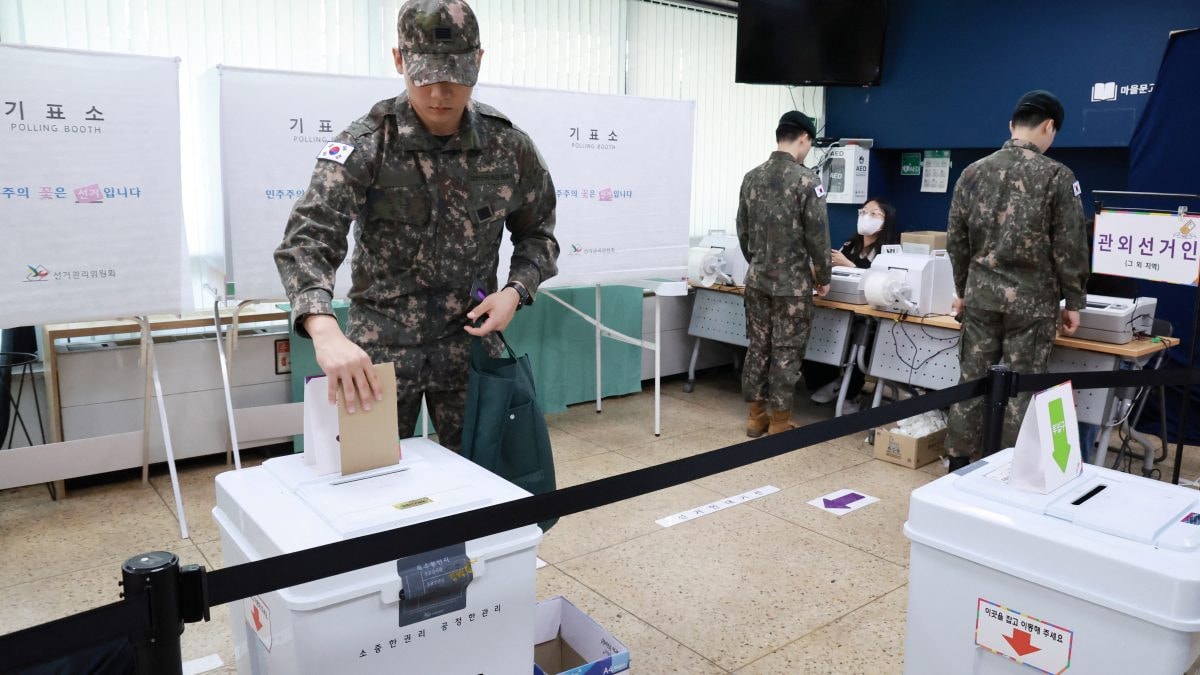This election, prompted by the impeachment of former President Yoon Suk Yeol following his controversial declaration of martial law in December 2024, is set to redefine the country’s political landscaperead more
As South Korea approaches its snap presidential election on June 3, the nation grapples with a complex mix of domestic and international challenges.
This election, prompted by the impeachment of former President Yoon Suk Yeol following his controversial declaration of martial law in December 2024, is set to redefine the country’s political landscape.
Restoring democratic stability
The abrupt removal of President Yoon has intensified political polarisation.
Leading candidate Lee Jae-myung of the Democratic Party has proposed constitutional amendments to prevent future abuses of power, such as requiring parliamentary approval within 24 hours for any declaration of martial law.
His approach aims to fortify democratic institutions and restore public trust.
Economic recovery amid global pressures
South Korea’s economy faces headwinds from global trade tensions and domestic challenges. The Bank of Korea recently cut its benchmark interest rate to 2.50% to stimulate growth, amid concerns over US tariffs and a slowdown in exports.
Candidates are focusing on policies to address youth unemployment, housing affordability, and income inequality.
Foreign Policy Reorientation
The election outcome could significantly impact
South Korea’s foreign relations
.
Lee Jae-myung advocates for a balanced approach, maintaining strong ties with the US while engaging diplomatically with North Korea and improving relations with China and Russia. His stance reflects a shift towards pragmatic diplomacy in a complex geopolitical environment.
Social issues and youth engagement
Social policies, particularly those affecting younger demographics, are central to the election discourse.
Lee Jun-seok of the Reform Party has gained attention with his proposals to dismantle the gender ministry, arguing against what he perceives as “reverse discrimination.” His platform resonates with certain segments of the youth, highlighting generational divides on issues of gender and equality.
Urban development and decentralization
Lee Jae-myung has proposed relocating the nation’s administrative capital from Seoul to Sejong City to promote balanced regional development and reduce congestion in the capital. This move aims to decentralize political power and stimulate growth in other regions.
As voters prepare to cast their ballots, the election’s outcome will shape South Korea’s trajectory on multiple fronts, from democratic governance and economic policy to foreign relations and social cohesion.
